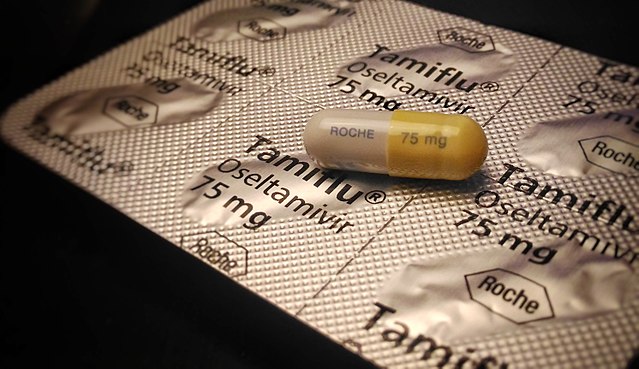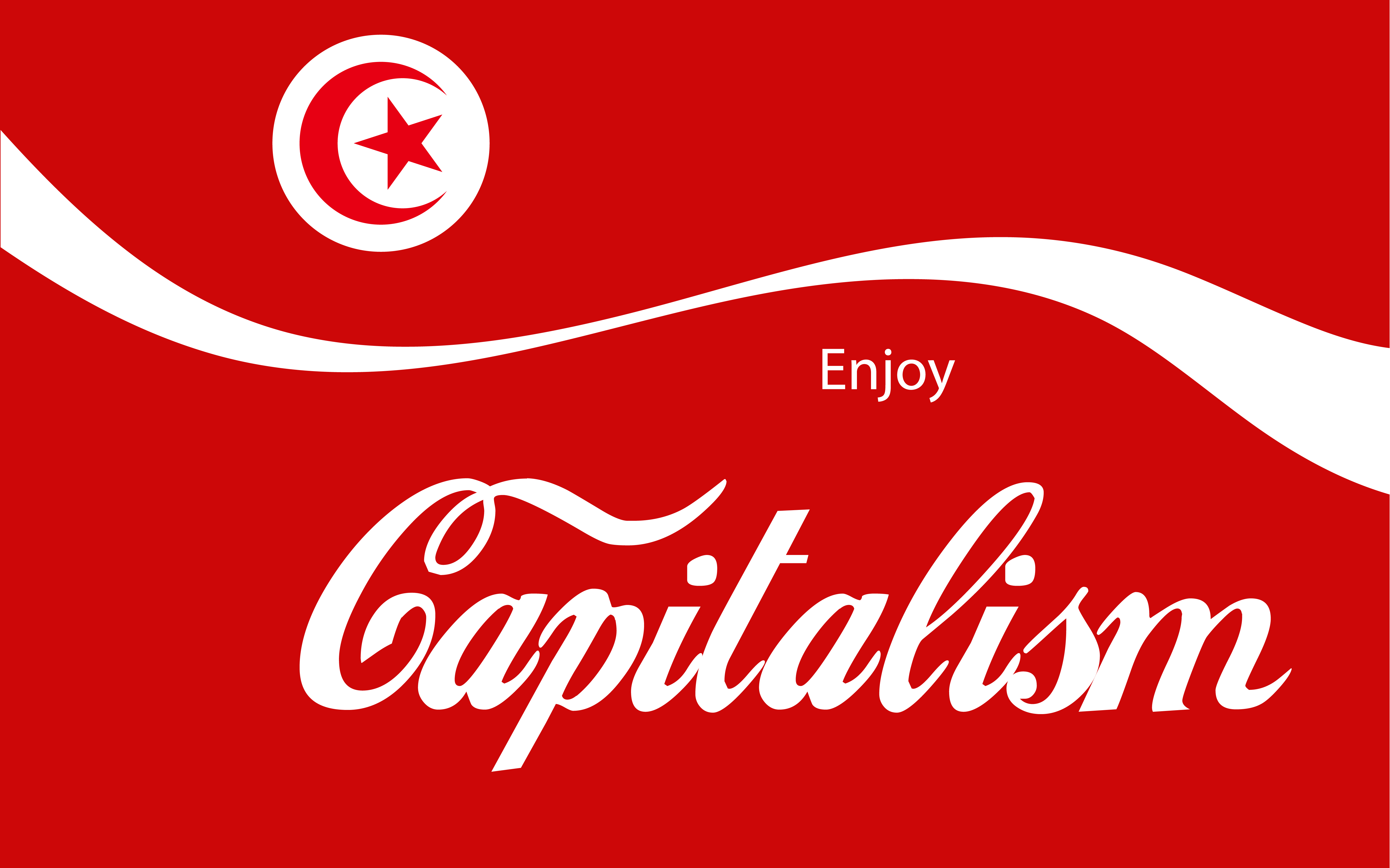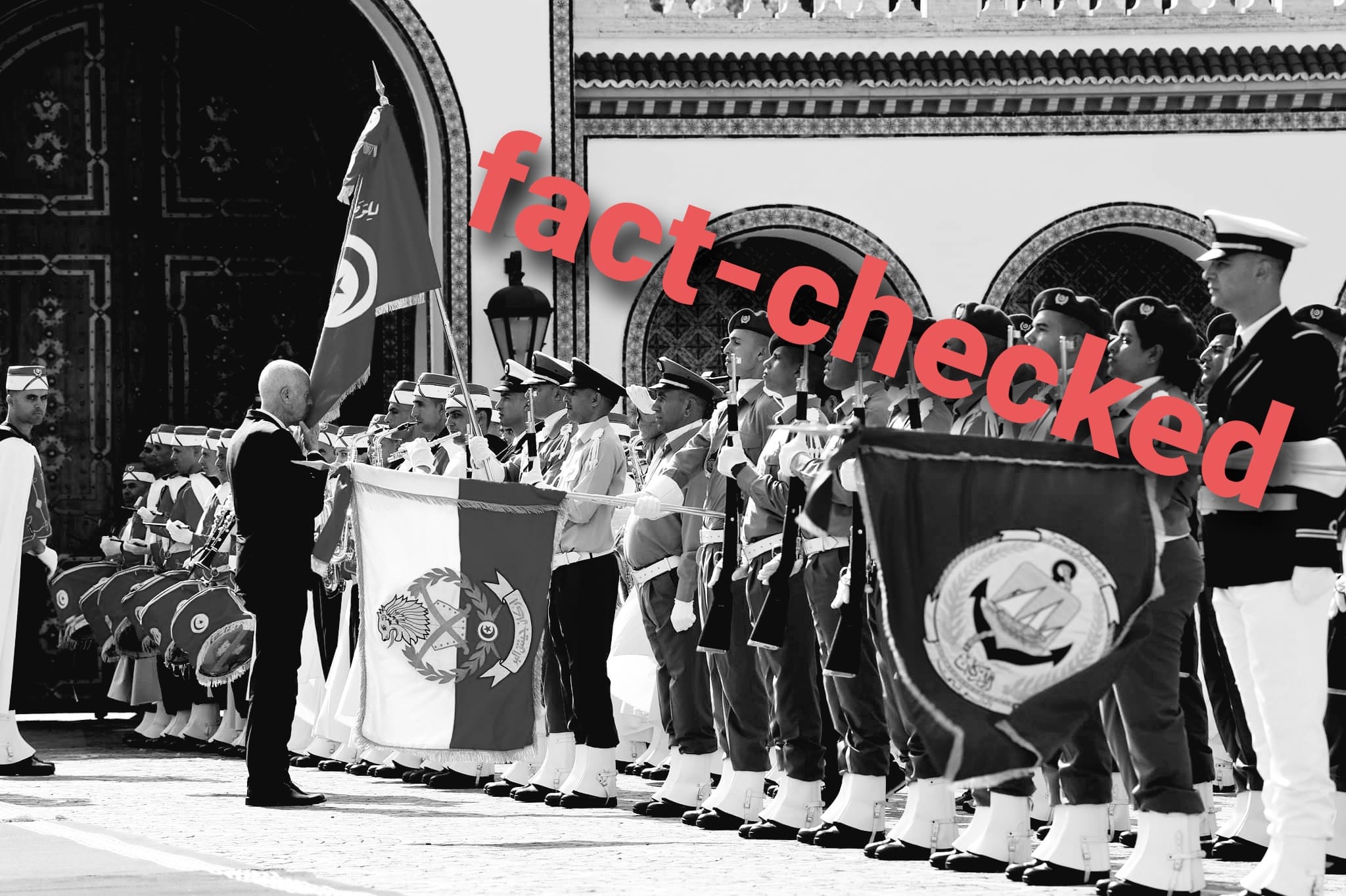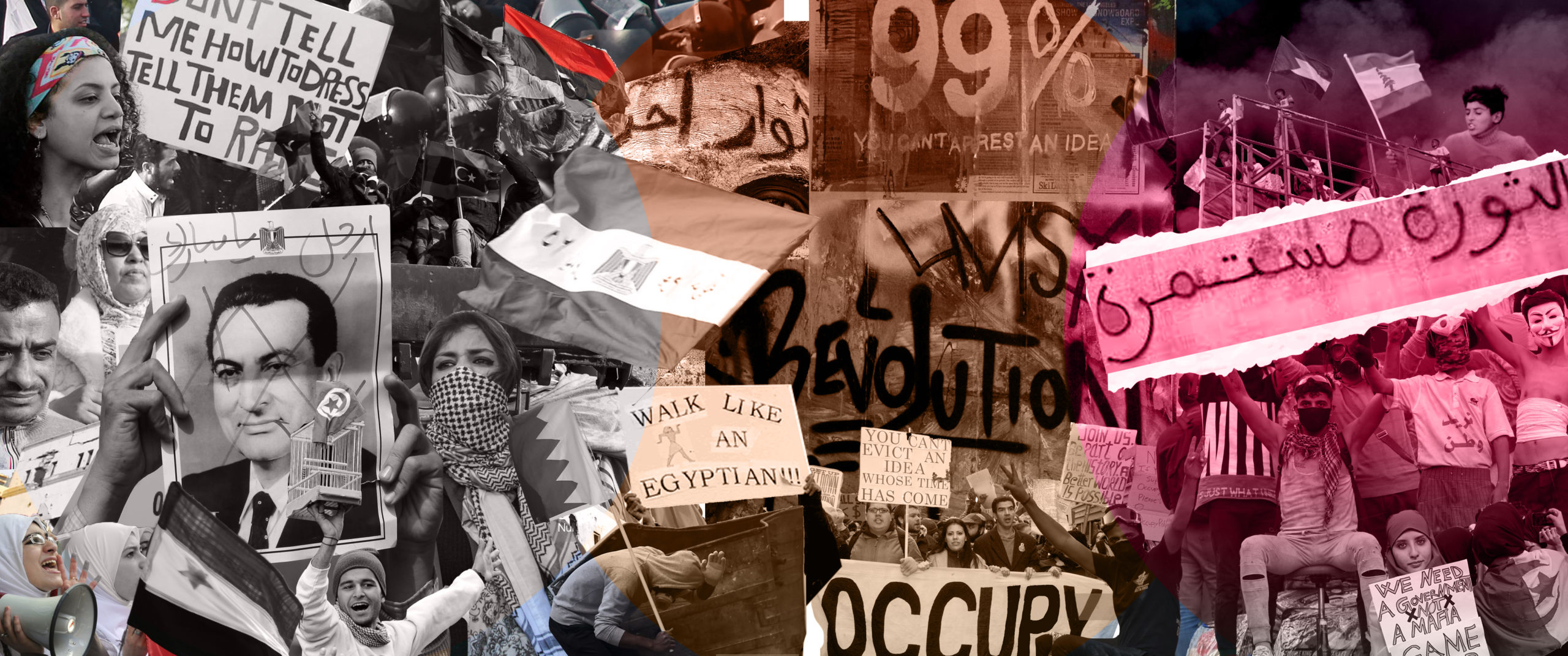“The first and only priority for trade negotiators at this time should be to remove all obstacles, including intellectual property rules, in existing agreements that hinder timely and affordable access to medical supplies, such as lifesaving medicines, devices, diagnostics and vaccines, and the ability of governments to take whatever steps are necessary to address this crisis.”
The 258 civil society organizations (CSOs) that sent an open letter to the World Trade Organization (WTO) and its members could not be more concerned. On April 17, 2020, when they asked the WTO to stop all trade and investment treaty negotiations during the COVID-19 outbreak and refocus on access to medical supplies and saving lives, the virus death toll surged past the 150,000 mark.
Trade and health: a prisoner’s dilemma
On the same day, the WTO organized a virtual meeting, in which its director general stressed the importance of “maintaining open markets for trade in laying the groundwork for a strong recovery.” The virtual meeting also discussed if the WTO members “would be open to formal decision-making through virtual meetings or written procedures until traditional in-person gatherings can resume.”
The letter’s endorsers that represent social movements in 150 countries, such as the United States, Brazil, India, Australia, many European countries and Tunisia, said they were shocked by “the business as usual” attitude of the WTO. For them, not only does the institution’s agenda ignore technological deficiencies of some developing countries, but it also diverts the efforts and resources from the most important purpose of combating the virus.
Many of these CSOs, such as the Third World Network, Oxfam, Greenpeace, Arab NGO Network for Development and the Tunisian Observatory of Economy, have been advocating for a fair distribution of world resources and fighting against the adverse impact of free trade on social welfare, especially in the Global South.
The Covid-19 pandemic just seems to revive these concerns. Indeed, access to affordable medicine often stumbles on the binding rules of the WTO Agreement on Trade-Related Aspects of Intellectual Property Rights (TRIPs). Adopted in 1994, the latter expanded the scope of intellectual property rights, especially in terms of patent protection and conferred more powers to patent holders.
Despite its binding effect, TRIPs offers flexibilities such as compulsory licensing for public health purposes. Barr al Aman has recently stressed the importance of this flexibility and urged the Tunisian government to use compulsory licenses if the prices of health products are excessively expensive and / or if the quantities made available to Tunisia are not sufficient to cover the urgent national need.
However, for many countries the use of the flexibilities is not that easy. According to a study conducted by the WHO and the South Center in 2005, “a number of provisions in recently concluded FTAs between developed countries (essentially the US) and developing countries, pose a real risk of undermining an effective use of TRIPs flexibilities in developing countries for public health purposes.”
Therefore, besides the discrepancy in the priorities scale of both its issuers and its receivers, the open letter brings back governments, drug companies and the public opinion back to an essential question: will intellectual property hinder the access to the potential COVID-19 medicines and other vital medical supplies?
“From the point of view of intellectual property, of course, a tension exists – and it is a tension that exists around access,” Francis Curry, the director general of the World Intellectual Property Organization (WIPO) said back in 2015, at a symposium on innovation and access to medicine held jointly with the WTO and the World Health Organization (WHO) in Geneva.
Curry then added: “on the one hand, what intellectual property does economically is making access a salable commodity, and that is the basis of markets in technology and creative works. But on the other hand, access as a salable commodity… raises questions about the cost and possibility of access.”
A deep-rooted paradox
The roots of this paradox are deep and old. Since the enactment of the first modern patent law in Venice in 1447, there has been a heated debate over the moral and philosophical foundation of patents and other forms of intellectual property such as copyright, trademarks and trade secrets.
As explained by the Stanford Encyclopedia of Philosophy “patent protection is the strongest form of intellectual property protection, in that a twenty-year exclusive monopoly is granted to the owner over any expression or implementation of the protected work.”
The idea of monopoly over ideas was endorsed by philosophers like John Locke (1632 – 1704) and G.W.F. Hegel (1770 – 1831).
The English theorist claims that individuals are entitled to control the fruits of their labor (including their intellectual labor).
The German thinker has rather a personality-based justification as he argues “that individuals have moral claims to their own talents, feelings, character traits, and experiences.”
Another philosophical justification for intellectual property is to be sought in utilitarianism. The utilitarian point of view was explained in the Virginia law review, by Jeanne C. Fromer Associate Professor at Fordham Law School. “Copyright and patent laws are premised on providing creators with just enough incentive to create artistic, scientific, and technological works of value to society at large by preventing certain would-be copiers‘ free-riding behavior,” she wrote.
Do these arguments hold up when the patented intangible work is the formula of a saving-life drug?
Dr. Yusuf Hamied’s answer would be no. When Harvard Business School (HBS) interviewed the founder of the Indian pharmaceutical company Cipla in 2013, he said:
There should be no monopoly… [we are] willing to pay the originator [of drugs] a suitable compensation and India should not be deprived of newer drugs and be at the mercy of the innovators.”
If the HBS featured Dr. Hamied for its Creating Emerging Markets Project, it is because of the man’s exceptional battle against the human immunodeficiency viruses (HIV) that causes acquired immunodeficiency syndrome (AIDS).
Back in 2001, Cipla mixed three molecules– Nevirapine, Didanosine and Zidovudine and came up with a new anti-HIV drug. Dr. Hamied then gave his antiretroviral therapy (ART) to humanitarian organizations and poor Asian and African governments for $350 a year.
That price was thirty times lower than market prices. Suddenly, big multinational pharmaceutical groups were left with their useless patents and with financial shortfalls of billions of dollars. Full of wrath at seeing their monopolies collapse, western multinationals had to lower their AIDS treatment prices by 80%.
While western business groups and media accused Dr. Hamied of piracy, the United Nations organizations described him as India’s Robin Hood of drugs.
When Dr. Hamied gave that interview, the world was still dazed by the 2009 swine flu pandemic and its estimated death toll of 284,000 victims. So, he intuitively evoked the example of the Oseltamivir; the antiviral drug used to prevent and treat swine flu, other subtypes of influenza A and influenza B.
The patent on the Oseltamivir in the US was then held by the Swiss multinational Roche. An epidemic before the patent’s expiry date (2016) would have meant, according to Dr. Hamied, that the destiny of the world would have been in the hands of one company.
In a concluding remark that encapsulated his business philosophy, the Indian scientist said: “I am a firm believer that if you are in the health care business like supplies, it is not a business per se; it is a business plus you are saving lives. So it has to have a humanitarian angle to it.”
Santé: la bataille autour de la transparence sur le prix des médicaments






